CNS: What are the core values and characteristics of collectivist and individualist cultures?
Tamare Prosic: Individualism and collectivism are terms describing cultural traits that can be broadly defined as normative social systems of values reflective of a culture’s focus on and orientation towards the individual or conversely, the community. The main parameter according to which countries are regarded as predominantly individualistic or collectivistic is the degree to which individuals are integrated into groups.
On the individualistic side, ties between individuals are loose, everyone is expected to look only after themselves and their immediate family, the emphasis is on “I”; social cohesion is very low, interpersonal interaction is marked by competition and egoism and self-centeredness are the norm. Collectivistic societies present a contrasting picture. Individuals are throughout their life firmly integrated into smaller and larger social groups, their emphasis is on “We”; social cohesion is high, interpersonal interaction is marked by cooperation and altruism and there are mutual obligations between community members.
CNS: Why do you think the Chinese-style modernization path embodies the cultural characteristics of collectivism?
Tamara Prosic: Because Chinese-style modernization is based on Marxism which is also a collectivist theory in that it advocates economic emancipation of the working class, but also of humanity as a whole. It also starts from the position that humans are social beings and can be individuals and develop as such only in community with others.
Humans are not dumb abstractions, as one might argue is the case with Western conception of human as self-sufficient, self-interested and self-centered individual. Chinese path of modernisation lifted out of poverty 800 million people which would be impossible if China’s economic and social policies were based strictly on individualistic values and if the Chinese people did not believe that they have to work together and cooperate with each other in order to achieve the prosperity that they now enjoy. Western neoliberal style of modernization which insists on anthropological, political and economic individualism is yet to bring prosperity to the majority of population of any country that adopted neoliberalism as its path of modernization. According to the latest World Inequality Report, global inequalities are as great today as they were at the peak of Western imperialism in the early 20th century. These are hard facts which unambiguously demonstrate the ineffectiveness of Western neoliberalism and to it related individualististic cultural values to lift people out of poverty.
CNS: What are the sources and advantages of China’s collectivist culture? What is the value of China’s collectivist culture to the world?
Tamara Prosic: As mentioned before, Chinese collectivist culture draws both on traditional and modern sources. The recent white paper Global Community with a Shared Future and the three Initiatives, like the Chinese gardens, integrate the old and the modern in a way that is easily accessible and understandable to other countries with collectivistic normative social values. Its main advantage is that it is, like everything else in Chinese culture, dialectical which in this case means it does not attempt to enforce its own cultural, economic or political values on the rest of the world. It is collectivism that is dialogical and open towards all other cultures, political systems and modes of production. It is also a collectivism that is capable of thinking beyond its national borders and its own cultural specifics and is ready to join forces with others to achieve prosperity for the whole humanity. One of my favorite Chinese words is 仁慈 (renci), which is traditionally translated to English as benevolence, but that translation does not do justice to the semantic universe those two characters populate. Chinese collectivism is 仁慈 and it can showand teach the rest of the world how to be 仁慈。
CNS: In your research, you have paid a lot of attention to the international order advocated by China under the culture of collectivism and community thinking, including the principle of BRI,and the “Global Civilization Initiative”, which advocates the prosperity of the world’s civilizations. Why do you say that this is exactly what the world needs?
Tamara Prosic: The last thirty years the world has lived under the so-called “rules based international order”, a cynical euphemism for pursuing exclusively Western interests and global enforcement of exclusively Western civilizational offspring, namely, economic, political, and in its latest variety, also cultural neoliberalism. As demonstrated by the report about global inequality which I mentioned earlier and a score of scholarly studies, that Western designed “no rules” rather than “rules based” neoliberal capitalist order did not alleviate world poverty, nor did it reduce global inequalities. It only recolonized the world in a way more perfidious than it was a century ago. Instead of direct control and open, unabashed plunder, the West has continued to exploit the developing countries under the guise of “development” via imposition of typically Western political and economic practices and cultural values.
Such style of development is formulaic. It does not take into consideration local material conditions, local needs or indigenous cultural economic and political practices and social values. It is designed and intended to produce quick profit, not general prosperity.
China’s BRI is sensitive towards regional conditions and local needs and they bring development through mutually beneficial material and immaterial projects aimed at economically and culturally connecting people and encouraging intercultural understanding. China is also a principled country, and respects the sovereignty of other countries and treats each international state actor as an equal partner.
After thirty years of Western disorder and neocolonial style of modernisation, most of the world, as demonstrated by the growing number of countries which are BRI members, know that China is now carrying the torch illuminating the path to a world-wide prosperous future. And it has proven through its own example that its way does indeed leads to such future. It has eradicated poverty in a phenomenally short period of time, it has become the main economic engine of the world, and it is a country in which 56 different nationalities flourish and live harmoniously with each other. I would say that such prosperity is precisely what the world needs today and that the Chinese way is mutatis mutandis a way forward for every country, including Western ones, who would benefit from learning that within the world context their individualistic values are in fact an alienating aberration rather than a cultural achievement.
Edited by Wang Zonghan
2024.3.22



















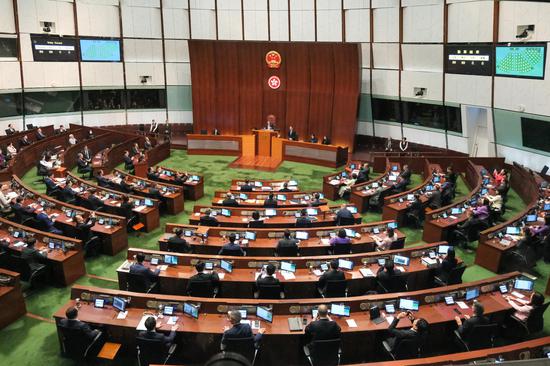






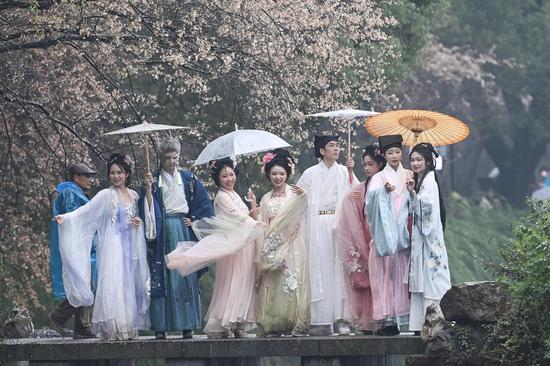





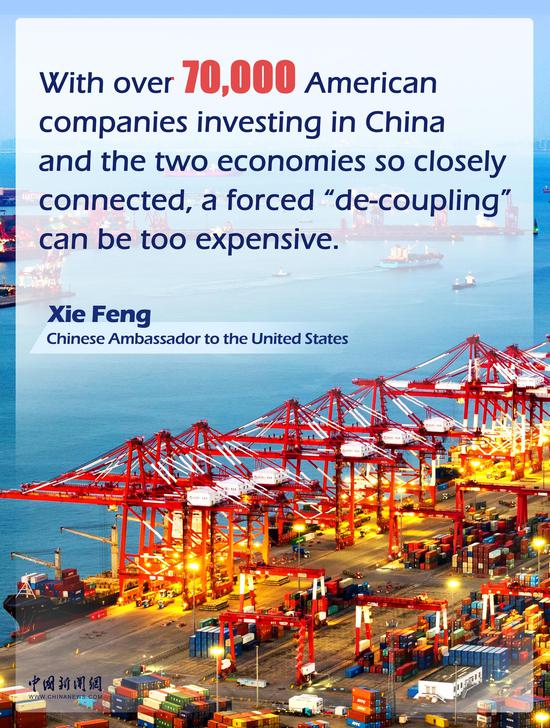

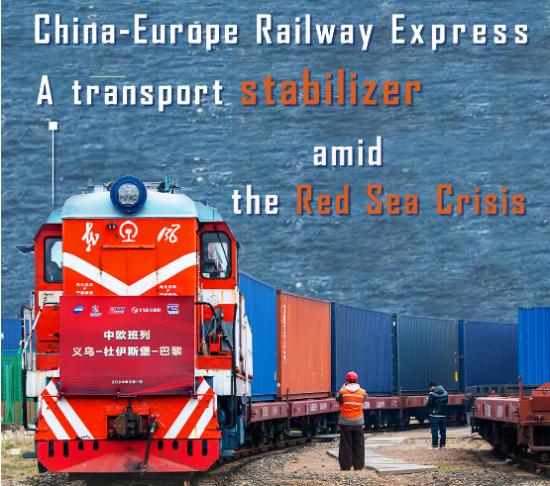

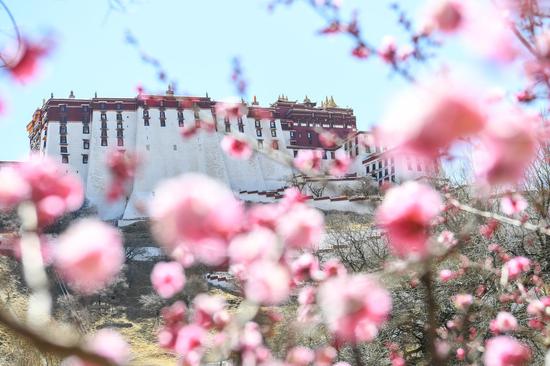



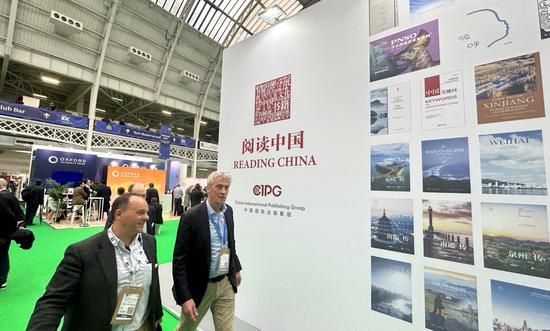



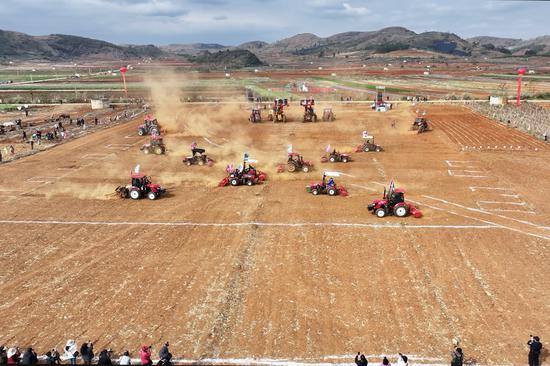





 京公网安备 11010202009201号
京公网安备 11010202009201号